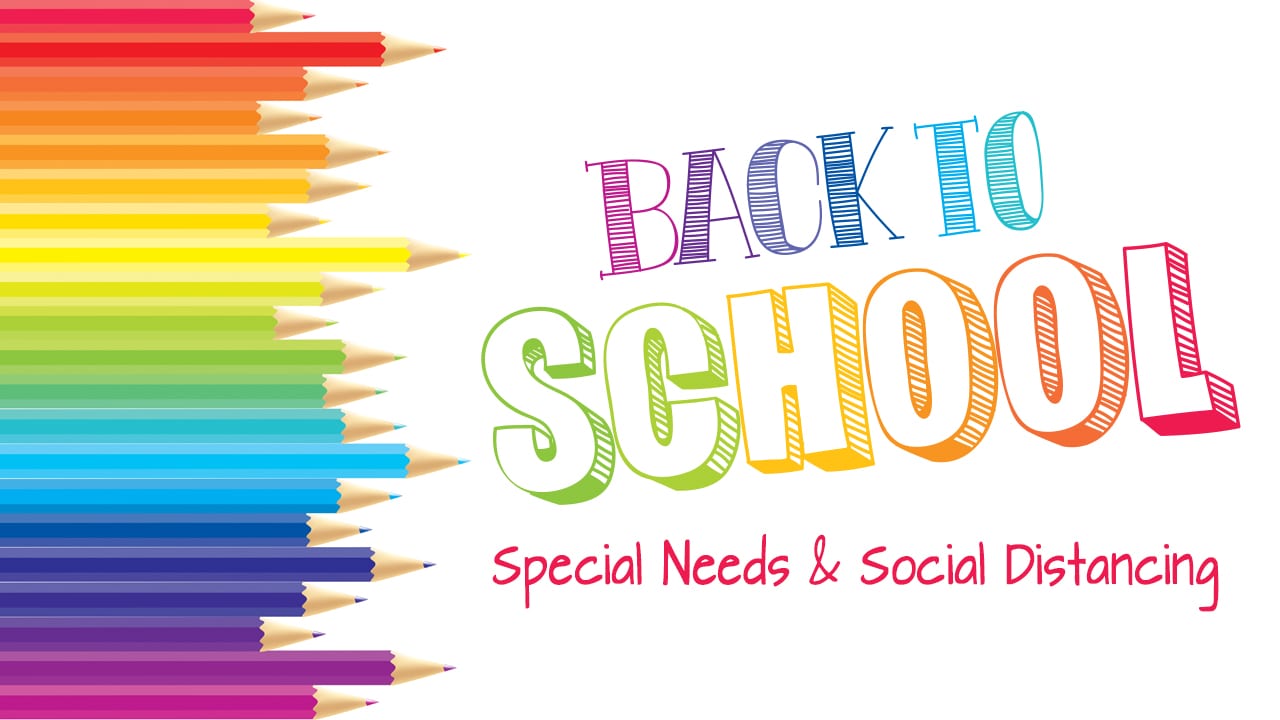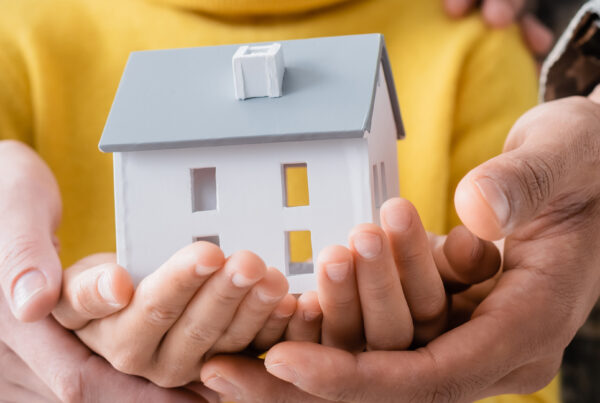Written by: Lakshmi Mahadevan, Ph.D., Associate Professor and Extension Specialist – Special Populations, Texas A&M AgriLife Extension Service.
Most of us have been living a “social distancing,” “quarantining,” “working from home,” “physically distant” type of existence since perhaps March 2020. While the circumstances that led us to these types of existences are devastating, the shock of the crisis has probably worn off , these circumstances are no longer new. Let us take advantage, therefore of what we have learned in the past several months, to take stock – of ourselves, our families, our children with special needs and self-assess.
Self-Assessment
I would like us to self-asses where we are psychologically,
– How were our emotions? Did our emotions ebb and flow? – How are the emotions of our child (ren) with special needs? – How are we all managing now? – Did we self-care? Did we need counseling or external supports? What worked these past months and what definitely needs adjusting as we begin a new school year?
Let’s self-assess where we are at home – did our routines change? How? What changed? What is new (more hand washing perhaps?)? Meal times? Bed times? Too much talking at home? Not enough talking at home? What changes to our routine worked and what needs adjusting as we begin a new school year?
Let’s self-assess where we are with our home becoming our child’s “Least Restrictive Environment (LRE)”? Were we able to teach our child at home as needed/guided by the school or teachers? Were we able to communicate with the school regularly? How did the communications work? Did we have the necessary access to technology? What home-based adjustments did we need to make so our child could continue to learn? Did our child and will our child continue to receive instruction virtually or did we have to wholly take over the mantle of “home schooling”?
Let’s self-assess where we are with being “teachers” – were we able to talk to the school often? Did we get to ask questions about our child’s Individualized Education Program (IEP)? Did we have to “grade” or “discipline” our child? Did we get help from the school in terms of assistive technology (IPAD) or other equipment?
Now that the school year has started – let’s take all the lessons learned and apply it. However, be strategic in your advocacy – ask and persist till you receive a satisfactory answer to the question – “what is your plan for my child?” Does my child have or will have – new teachers; new technology; new face-to-face or online routines? New social distancing rules at the school? New or adjusted IEP – goals, accommodations, modifications, virtual or in-person meetings? Have access to related services like transportation, meals, occupational or physical therapy, one-on-one instruction?
Other Important Things to Remember
- Continue caring for the child’s physical health needs – consider health risk for COVID-19.
- We may have to adjust on some IEP goal attainment – it’s ok to ask for more life skills and self-care-related instruction.
- Contact parent support groups.
- Continue to self-care, advocate strategically and breath.
- Listen to our full webinar and download resources













